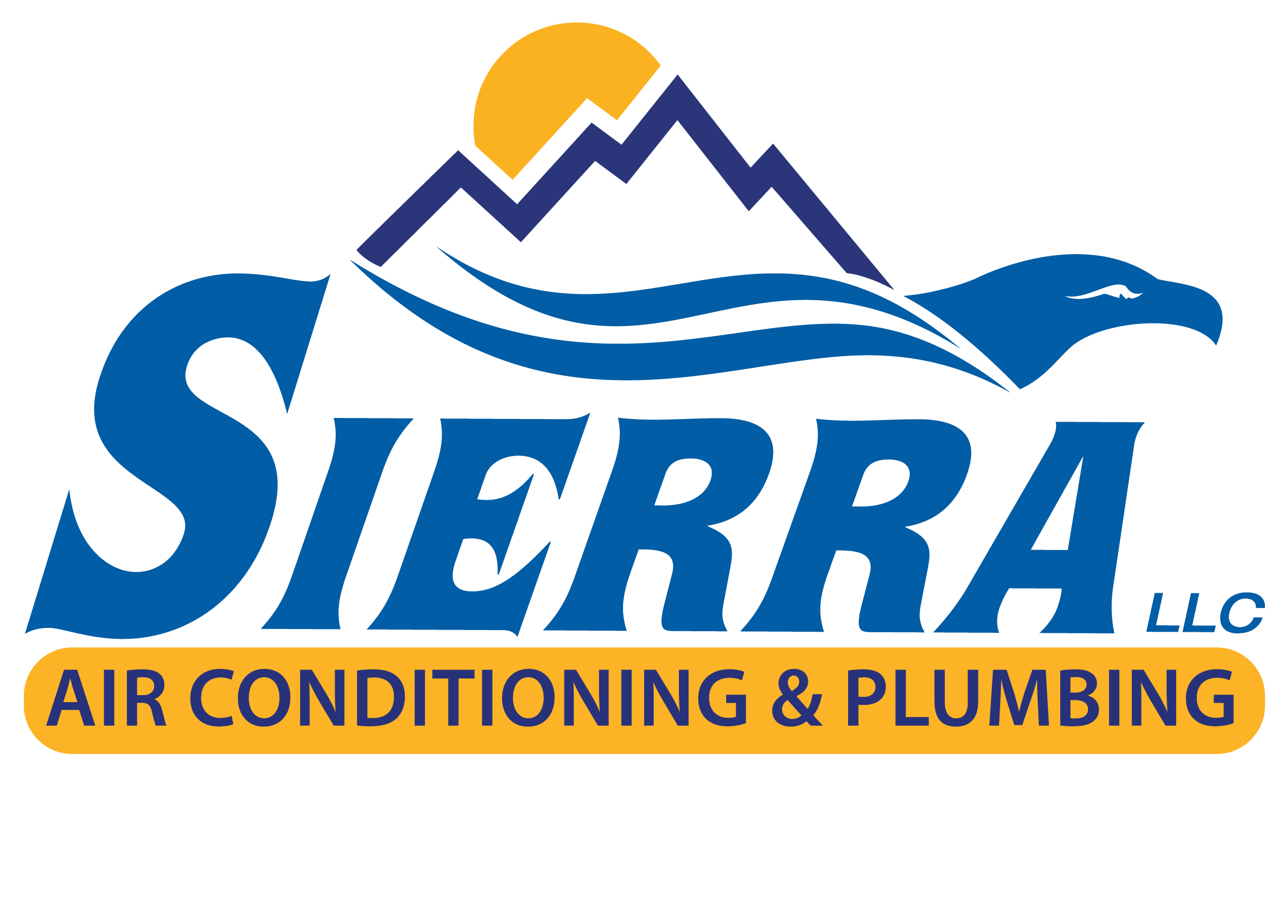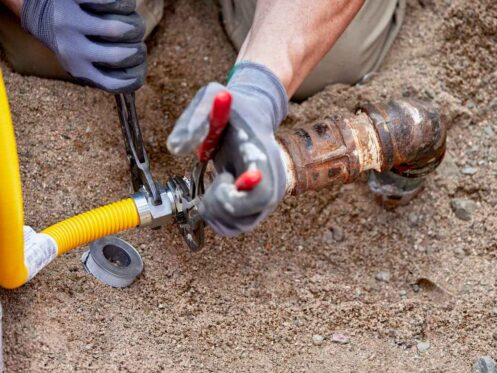A gas line is an essential part of any home or business that relies on natural gas for heating, cooking, and other appliances. It serves as a conduit, delivering natural gas from the main supply to various appliances, such as water heaters, stoves, furnaces, and fireplaces. Properly installed and maintained, a gas line provides an efficient and reliable energy source, but it also requires regular inspection and care to ensure safety.
How Does a Gas Line Work?
A gas line connects a property to the municipal or utility gas supply. The gas flows through underground pipelines and into the building, where it is distributed through a network of pipes to different appliances. Gas pressure is regulated to ensure safe and efficient operation, preventing leaks and maintaining a steady supply for daily use.
Homes and businesses typically have either natural gas or propane lines, depending on availability and infrastructure in their area. Regardless of the type, it’s crucial to have professional installation and maintenance to prevent leaks and ensure compliance with safety regulations.
Common Issues with Gas Lines
While a gas line is built to last, issues can develop over time due to wear and tear, improper installation, or environmental factors. Some common gas line problems include:
Gas Leaks
One of the most serious concerns is a gas leak, which can pose a significant safety risk. A leak can occur due to corrosion, damaged fittings, or loose connections. Signs of a gas leak include a rotten egg smell, hissing noises near the gas line, or dead vegetation around an outdoor gas pipe. If you suspect a leak, it’s essential to shut off the gas supply and contact a professional immediately.
Corrosion and Wear
Over time, underground or exposed gas lines can corrode due to moisture and other environmental factors. Older homes with outdated piping materials may be more susceptible to corrosion, leading to potential leaks and reduced efficiency.
Blockages
Dirt, debris, and rust can accumulate inside a gas line, restricting the flow of gas to appliances. This can cause inconsistent performance, poor efficiency, or even a complete loss of gas supply.
Incorrect Installation
Improperly installed gas lines can lead to leaks, inefficient gas distribution, and potential code violations. That’s why it’s critical to work with a licensed professional when installing or replacing gas piping.
When Should You Replace or Repair a Gas Line?
Routine inspections can help determine whether a gas line needs repair or replacement. Here are some signs that indicate it’s time for professional service:
- Frequent gas leaks or the smell of gas inside or outside the home
- Rust or visible damage to gas piping
- Reduced efficiency in gas-powered appliances
- Unexplained increases in gas bills
- Old or outdated gas piping materials
If you experience any of these issues, a professional assessment can help identify whether a simple repair is needed or if the entire gas line should be replaced.
Gas Line Services in Las Vegas
Whether you need a new gas line installation, routine maintenance, or emergency repairs, Sierra Air Conditioning & Plumbing is here to help. Our expert technicians ensure your gas system is safe, efficient, and up to code. Contact us today to schedule an inspection or service appointment.





